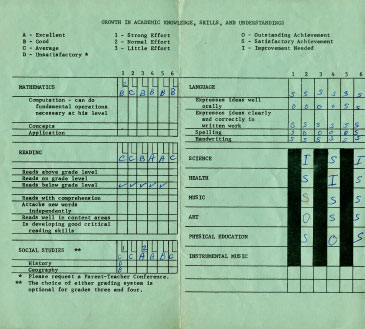College Admissions
Guide to Saving for College
Saving For College
529 College Savings Plan
Investing for College
Baccalaureate Bonds
Treasury Bonds
College Preparation
High School Students
Test Taking
Exams Overview
Background info
The ACT Test
ACT Testing Tips
The SAT Test
SAT Testing Tips
PSAT
College Search
Finding a School
Best College for You
Types of Schools
Search Aids
Primary Factors
Does Image Matter?
Applications
Application Submission
What Colleges Want
Letters of Recommendation
How to Impress
Finishing Touches
Interviews
Admission Essays
How to Write an Essay
How to Choose a Topic
Outline Tips
Edit Structure
Edit Style
What to Study
Campus Tours
When you’re in high school, you’ll want to strongly consider the classes you decide to take. It is important to understand that different colleges will often require different qualifying courses.
Admission requirements vary between schools, so you’ll also need to do some research on the colleges you’re interested in attending. Check the websites for high-school transcript requirements, or call the admissions office of the college or university.
Beyond individual college requirements, there are some "general" requirements that you’ll need to meet for enrollment into most college education programs. You should plan your high school course schedule accordingly, so let’s discuss some of the basics to get you there.
College program requirements exhibit a general trend toward including all of the following courses:
You will need four years of English in high school in order to qualify for most four-year colleges and universities.
Community colleges and vocational schools have different requirements that usually do not involve high school course choices so directly.
The standard English classes you are offered in high school each year should count toward college admission, but it’s good to check with your counselor and/or the admissions department at potential colleges you are considering to be certain.

Many colleges require that you have at least one year of U.S. History. There may be additional history course requirements, but one year of U.S. History is a common general baseline requirement.
Check to see what your potential college(s) will require, and make sure your high school offers a course that qualifies.
A year of government is another common college admissions requirement. This choice is to promote well rounded students, and is also intended to help them understand politics and become responsible voters.
Economics is a fairly common requirement on a high school transcript. This is usually only a semester long course, so it can be taken alongside an elective or some other semester course.
The science requirements for colleges vary, though you can count on needing to take chemistry, biology and sometimes anatomy as well. Talk to your counselor to see what the college of your choice and your degree path requires.
For most college admissions, you will need to have taken Algebra I, Geometry and Algebra II. These are pretty standard requirements, and are thought to give you a well rounded knowledge of mathematics so you’ll be ready for college level algebra.
Again, check to see the specific requirements before you start selecting your classes.
Electives are classes that fall into a wide, encompassing category including everything that hasn’t already been already mentioned specifically above.
You can generally fill the elective requirements with art classes, music classes, and additional classes from the above categories e.g., a literature study, a science class, etc.. Understand that no two high schools offer the same elective choices, nor do colleges recognize them for the same amounts or types of credit. You should therefore choose your high school electives wisely, to try out new directions but also to carry some value into your college application process.
Students in high school are encouraged to take a wide variety of classes no matter what degree they might be interested in pursuing. Before reaching college it’s important to have a sampling of all of the major departments you will encounter. Direct, personal experience in a variety of diciplines enables each individual to choose their field of study with more confidence.
Remember that the requirements to graduate high school and those to be admitted to college might differ widely.
There may be specific class requirements (maybe even not included above) that will count as an elective credit in high school, but actually fall under a different category for the college you want to attend.
You should always discuss your class choices with a counselor to make sure you are on the right track, but don’t rely on them for everything, either. Do your own research and find out what class requirements you need to fulfill in high school in order to be admitted to the college of your choosing.
Finally, double-check everything in your class decision process! Unfortunately, even just a slight oversight here can lead to serious disappointment if you cannot be admitted to the school of your choice. By talking to counselors and proactively researching the colleges you may wish to attend, you are going to be able to take the courses that leave you better prepared for whatever happens next.